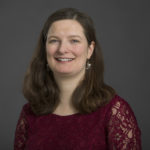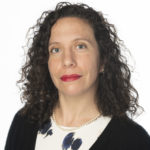Session Description
One of the most powerful tools educators online can use to help students succeed is feedback. Feedback can take a range of forms, can be delivered through a variety of methods, and can be lodged in an array of locations throughout the course shell. But, at a basic level, and whether you’ve integrated feedback into a nuanced cycle of scaffolded activities or are just sitting down to grade this week’s raft of discussion boards, feedback presents an opportunity to communicate with your students. Feedback needs to be constructed with mindful intention – right alongside your lectures and videos, hand in hand with your instructional materials and any synchronous class time. To do that, there are things we need to understand to ensure that the feedback a student receives matches the feedback we give, and there are some simple tips we can put into place to ensure that students understand how to process and act upon that feedback to help put them in a position to succeed – in class, and going forward on their academic and professional journey.
Presenter(s)
- Nathan Pritts, University of Arizona Global Campus, Fairport, New York,

 Mark Curcher
Mark Curcher Mark Mabrito
Mark Mabrito Amber Kujath
Amber Kujath Katherine Schafer
Katherine Schafer Brandon Taylor
Brandon Taylor Marlee Dorn Givens
Marlee Dorn Givens Liz Holdsworth
Liz Holdsworth Renee Schuh
Renee Schuh